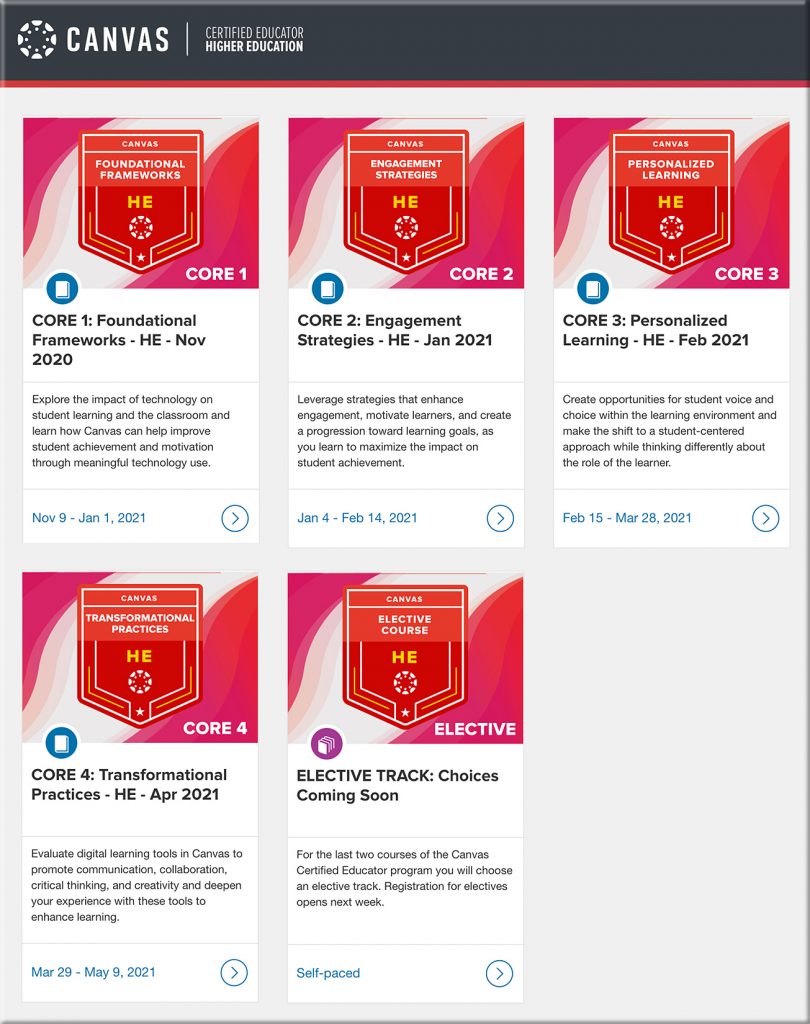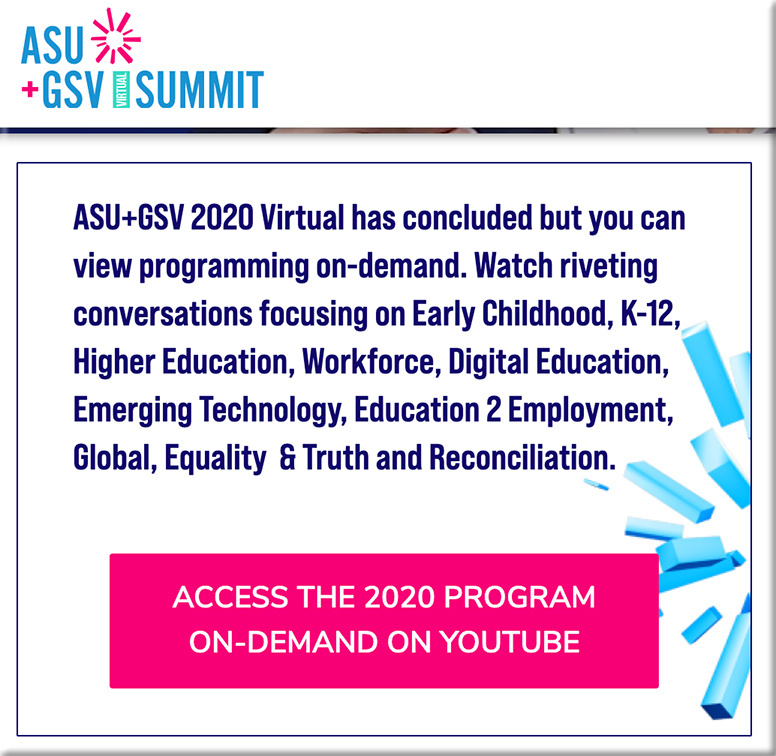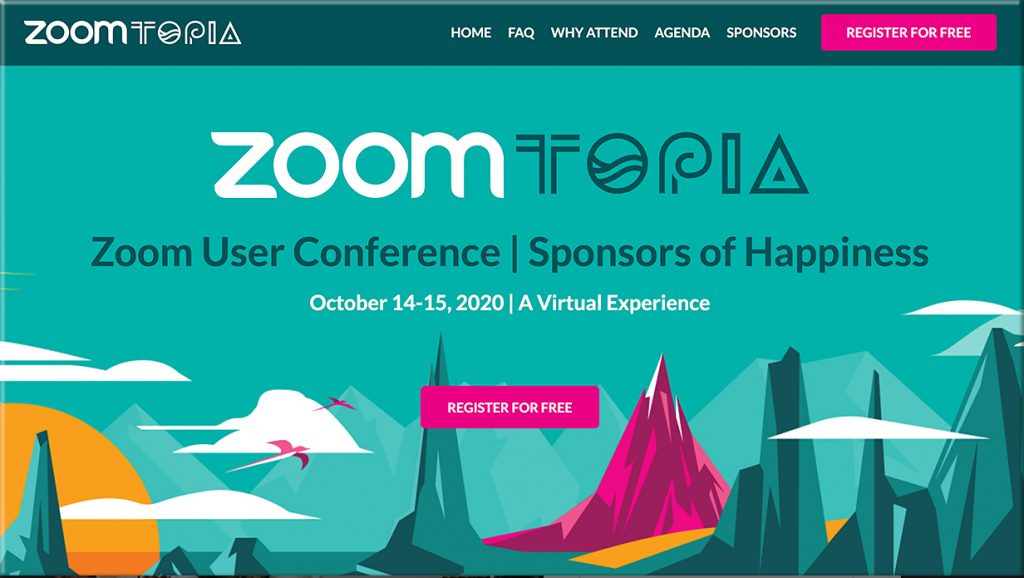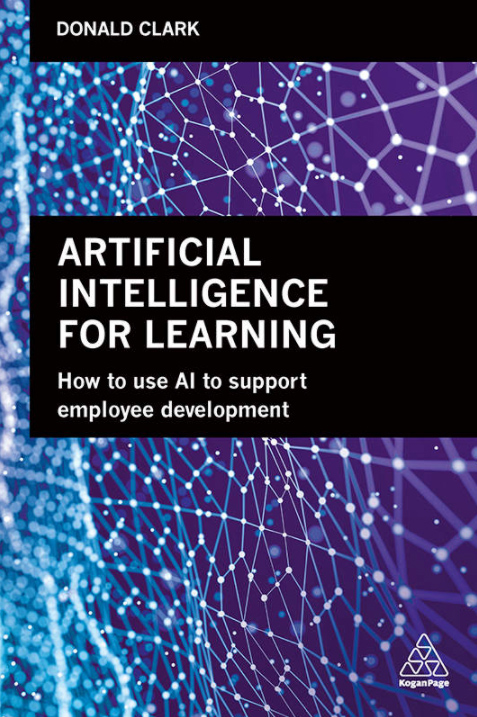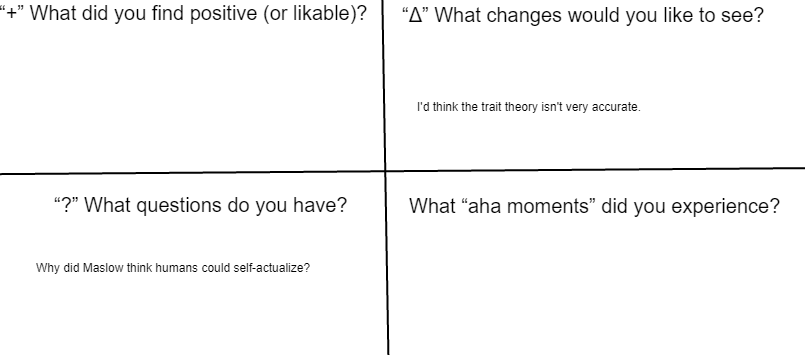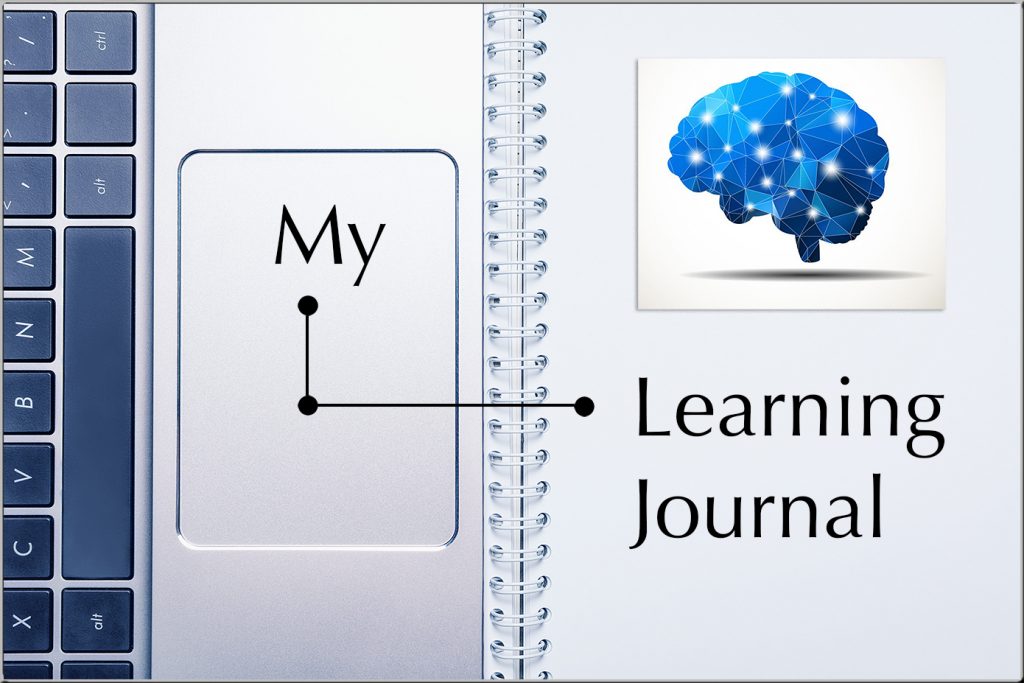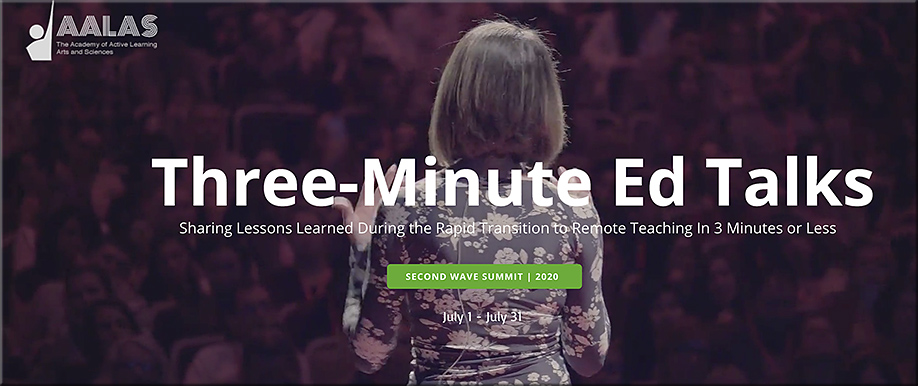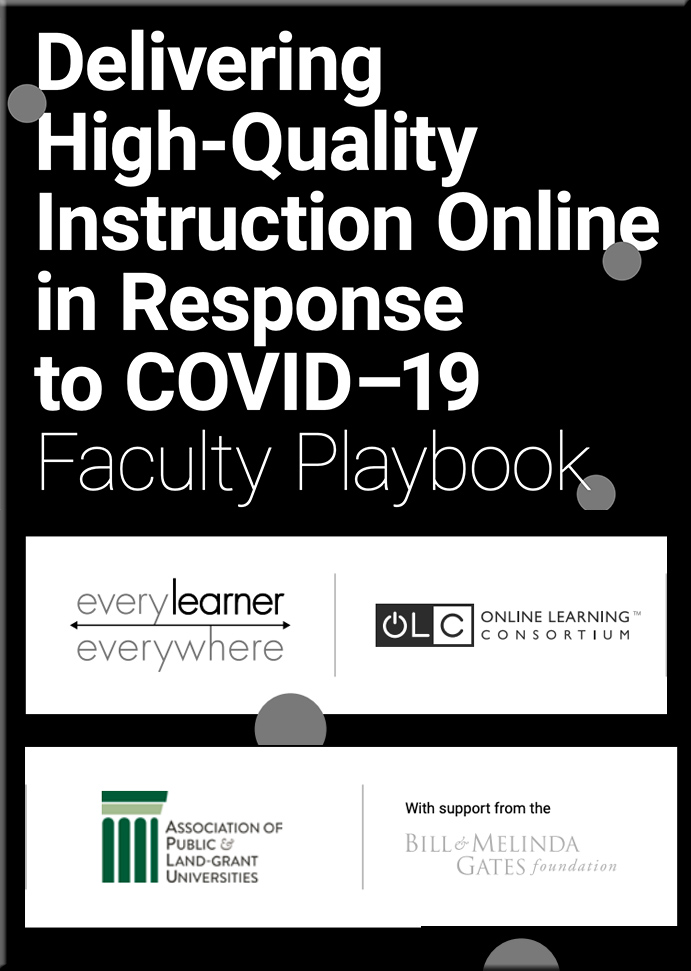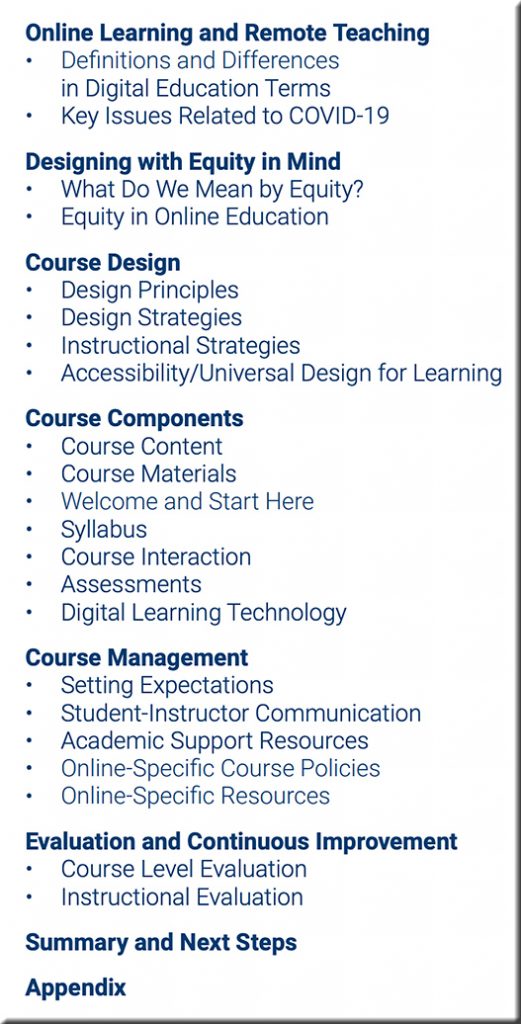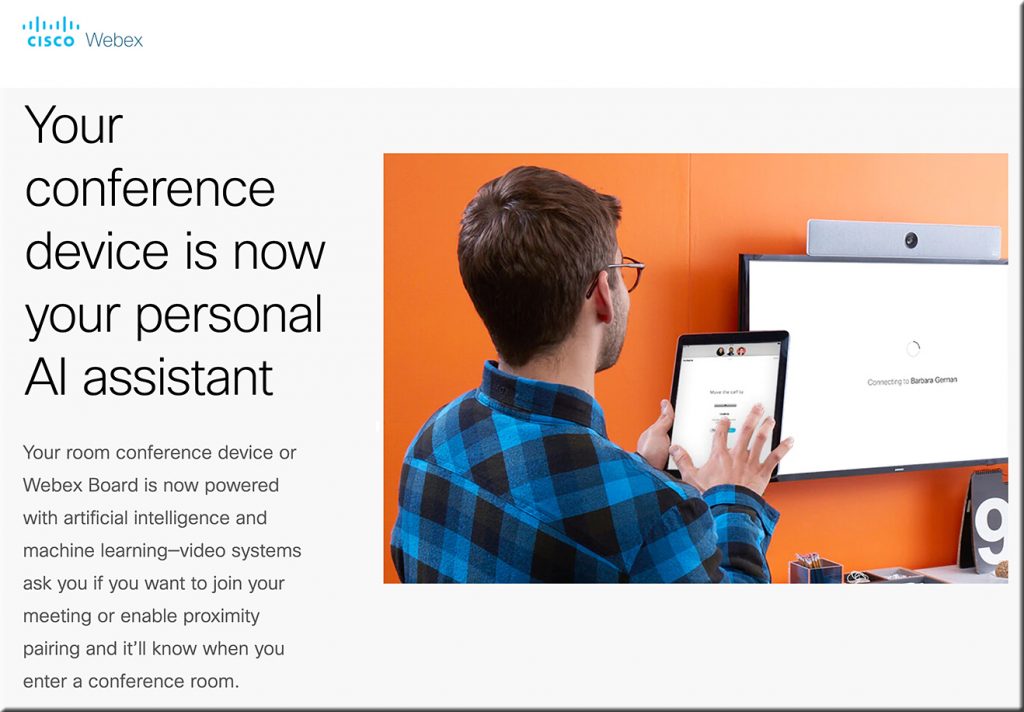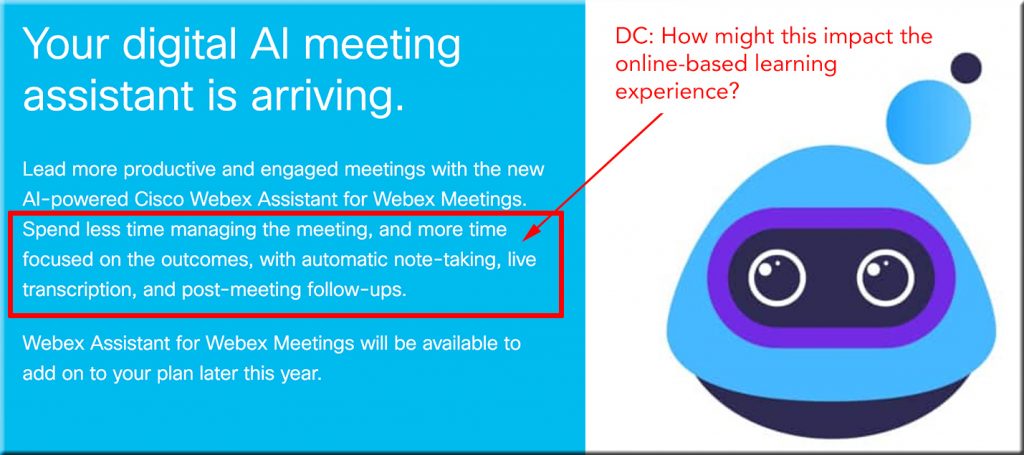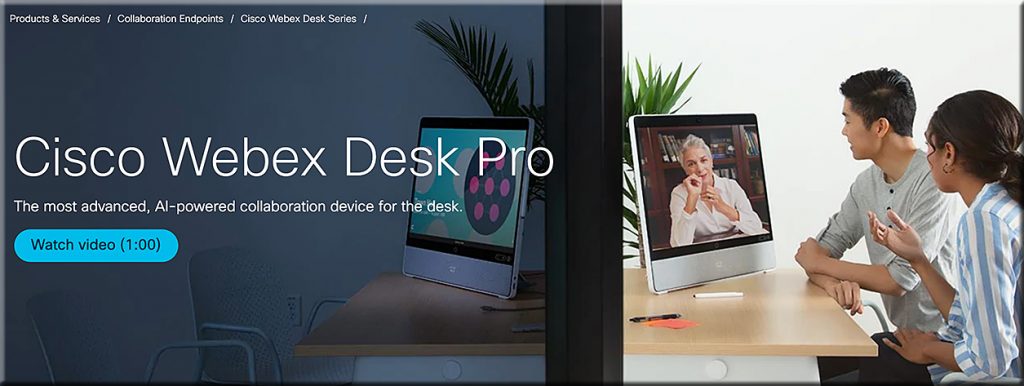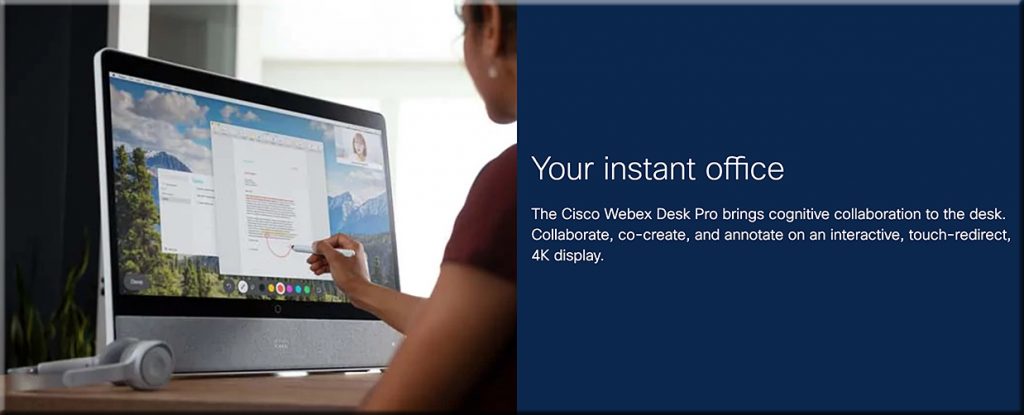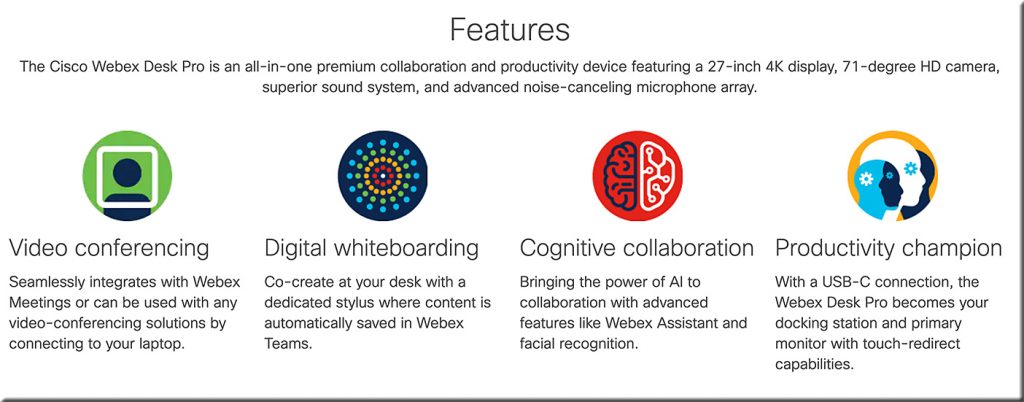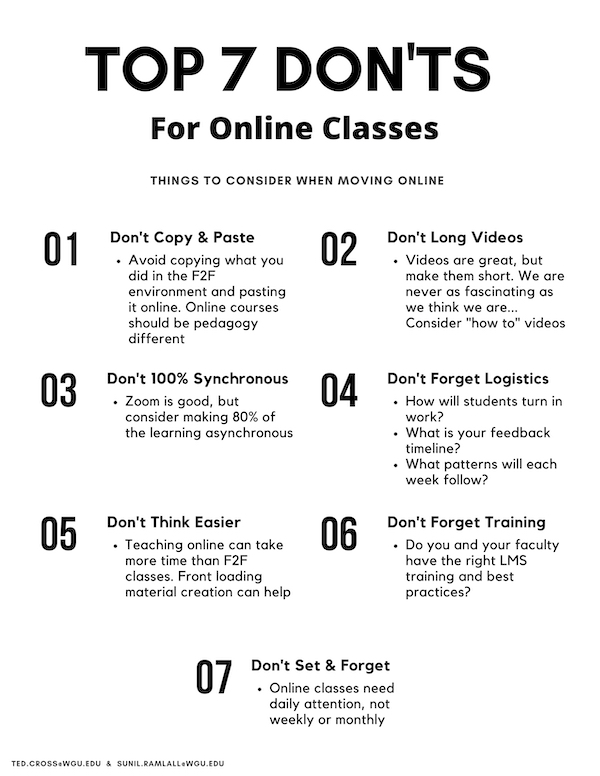Per “Instructure Launches Canvas Certified Educator Program” out at The Journal by Dian Schaffhauser:
Each course is expected to take about four weeks to finish. They include:
- Core 1: Foundational frameworks, which explores the impact of technology on student learning and the classroom and how Canvas can be used to help educators boost student achievement, motivation and engagement;
- Core 2: Engagement strategies, to examine how Canvas can help enrich teaching practices and maximize student achievement;
- Core 3: Personalized learning, to dive into personalized learning and learn how to create opportunities for student voice and choice within the learning environment;
- Core 4: Transformational practices, to help participants learn how to evaluate open standard digital learning tools that can enhance learning through Canvas; and
- Electives, described as a series of optional courses that can be selected by educators based on interests and needs.









